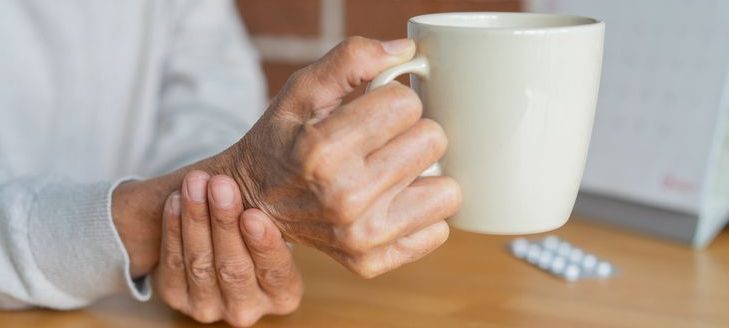MONDAY, Oct. 23, 2023 (HealthDay News) — Recommendations relating to the prevention of excessive noise exposure in infants, children, and adolescents are presented in a policy statement and accompanying technical report published online Oct. 21 in Pediatrics. The recommendations were published to coincide with the annual meeting of the American Academy of Pediatrics, held from Oct. 20 to 24 in Washington, D.C.
Sophie J. Balk, M.D., from the Children’s Hospital at Montefiore and Albert Einstein College of Medicine in Bronx, New York, and colleagues reviewed the effects of noise and specific pediatric exposure to noise and then developed recommendations for preventing excessive noise exposure.
The authors note that pediatricians should incorporate information about noise and preventing excessive exposure into health supervision practices. The most prevalent exposure is likely to be from personal listening devices; excessive and/or prolonged exposure to high volumes can result in hearing loss, tinnitus, and/or hyperacusis. A child should be able to hear when spoken to and should take breaks from the device. The duration of exposure to noise (dose of noise) and not just the volume is significant; as one increases, the other should decrease. In addition, consideration of the frequency of exposure is needed. Advice to caregivers includes avoiding or leaving excessively noisy venues or using hearing protection, even on young infants. Whenever possible, children should be shielded from impulse noise. When impulse noise is expected, double hearing protection can reduce the risk for hearing loss.
“Now is the time to raise public awareness about noise levels and their impact on our health and the health of our children and teens,” Balk said in a statement. “While loud noises are often accepted or even celebrated during recreational events, there are ways we can protect ourselves. Let’s lower the volume on our devices — and raise our voices on protecting our ears.”
Copyright © 2023 HealthDay. All rights reserved.

















Create Post
Twitter/X Preview
Logout